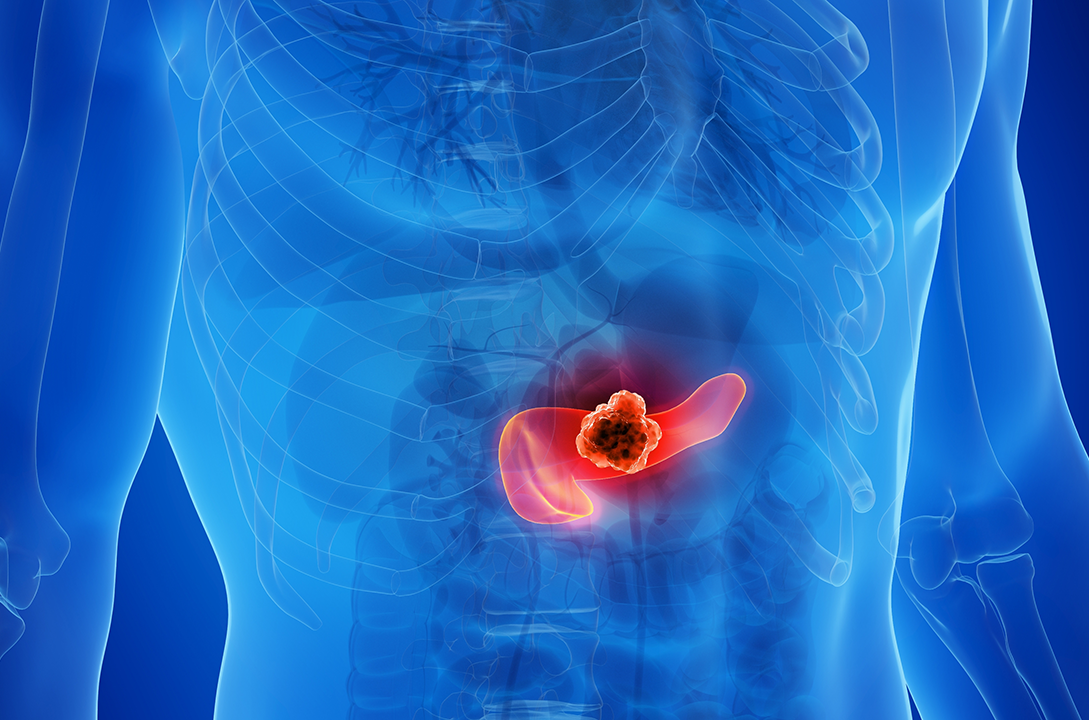Pharmaceutical and biotechnology companies such as Revolution Medicines are working to create the next generation of treatments to target the RAS gene that is frequently the cause of lung, colon or cancer of the pancreas. Working its way through severe side effects such as nausea, rash and diarrhea, Revolution Medicines’ new experimental cancer drug, RMC-6236, shrank solid tumors in almost 25% of study participants.
Pancreatic cancer may be one the most challenging forms of treatable tumors, as it is closely associated RAS mutations. Currently chemotherapy regimens are the standard treatment yet, to date, they have shown limited success. The experimental cancer drug RMC-6236 developed by Revolution Medicines shrank pancreatic tumors in about one-quarter of participants. These patients had been followed for at least five months after treatment in an early-stage study.
About RMC-6236
The company enrolled approximately 400 patients who had RAS-driven tumors. RMC-6236 thought to be a kind “molecular glue” that binds KRAS and cyclophilin A, two proteins do not normally interact with each other. These two proteins have a novel mechanism of action in that they inhibit the cancer while bound together in an “on” state. Nine doses of RMC-6236 have been evaluated to date.
The data were obtained from 127 participants in the study who had pancreatic ductal carcinoma. Note that the majority of pancreatic cancers begin in cells that line the ducts of the pancreas. The drug will bind to the protein when it is in the “on” state.
The study participants with pancreatic ductal carcinoma received between 160 mg and 300 mg doses of RMC-6236. Almost all patients reported side effects. The most common were diarrhea, rash, vomiting, and mouth sores. Of these, 22 percent of the reported adverse events were listed as severe or medically significant. Around 28 percent were listed as needing dose modification.
Progression-free survival (PFS) was 8.1 months for patients who have KRAS G12X mutation while it was 7.6 months for people who had RAS tumors. Revolution Medicines stated that with respect to chemotherapy regimens PFS ranged from 2 to 3.5 months. Additionally, PFS for patients who underwent three or more treatment regimens was 4.2 months.
About Phase 3
For participants with a KRAS G12X mutation who previously received a minimum of one prior drug regimen treatment with RMC-6236 brought about a PFS of 8.1 months.
According to Revolution a median of 8.1 months is a significant improvement when compared to other regimens. The company therefore plans to conduct a Phase 3 pancreatic cancer study in the latter part of 2024.
Revolution Medicines is preparing to introduce the 300 mg dose of RMC-6236 in a comparison study against standard chemotherapy in patients who were treated previously for pancreatic cancer. The anticipated start date will take place in the second half of 2024. PFS is scheduled for early 2026.
The field is wide open for competitors who have their own brand of RAS inhibitors for solid tumors. Two drugs have been approved to treat KRAS mutations in lung cancer. The first is Amgen’s Lumakras and the second drug is Krazati by Bristol Myers Squibb.
Editor’s Note: Get Involved
Cancer doesn’t discriminate. WHATNEXT and its partners are interested in amplifying the voices of those from all identities and backgrounds. If you have a cancer journey to share, reach out here to learn more about how your voice can help spread awareness and inspire individuals from all walks of life.
pancreatic cancer research treatment
Last modified: August 19, 2024











